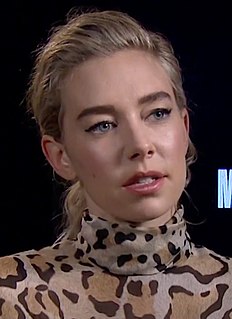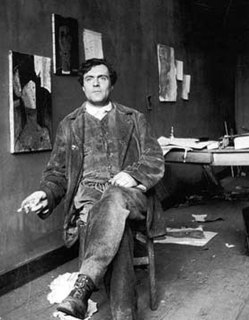A Quote by Kathryn Lasky
I think Sacajawea was caught in a series of tragic situations - her kidnapping as a child, her being passed from tribe to tribe, being sold into marriage. However, I never thought of her as a tragic figure. I do not think she was a victim in the way we think of tragic figures.
Related Quotes
My God", he whispered. What have I done to her? He thought, humbled. The spell was broken, but it wasn't sealed, and her soul was bare to him, the scars of her tragic past and her triumphs over pain and her aching need to find her place. He just wanted to hold her to him and tell her it would be okay, that she had survived and was beautiful.
I hope through The L Word to become an honorary member of the gay tribe. I cherish the thought that some young girl or woman somewhere may one night turn on the television and for the first time ever see her life represented - not as an isolated incident but as a multiplicity. Her overwhelming fear may have been that she might never find her tribe, she might never find love and now she knows that they are both out there waiting for her.
She liked being reminded of butterflies. She remembered being six or seven and crying over the fates of the butterflies in her yard after learning that they lived for only a few days. Her mother had comforted her and told her not to be sad for the butterflies, that just because their lives were short didn't mean they were tragic. Watching them flying in the warm sun among the daisies in their garden, her mother had said to her, see, they have a beautiful life. Alice liked remembering that.
My mother was the kind of person who was very much part of her tribe and very much a satellite of her tribe. She was the girl who left her family at the age of 17 and went to Washington. My mother was orphaned at three and then was brought up by my aunt Goldie. So, yes she belonged, but there was a part of her that didn't.
The Church has surrendered her once lofty concept of God and has substituted for it one so low, so ignoble, as to be utterly unworthy of thinking, worshiping men. This she has not done deliberately, but little by little and without her knowledge; and her very unawareness only makes her situation all the more tragic.
Without beauty a girl is unhappy because she has missed her chance to be loved. People do not jeer at her, they are not cruel to her, but it is as if she were invisible, no eyes follow her as she walks. People feel uncomfortable when they are with her. They find it easier to ignore her. A girl who is exceptionally beautiful, on the other hand, who has something which too far surpasses the customary seductive freshness of adolescence, appears somehow unreal. Great beauty seems invariably to portend some tragic fate.



































